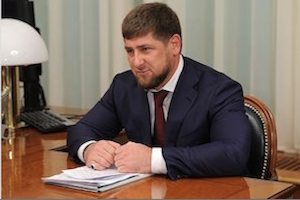Continued Reshuffle in Dagestan's Government
By Huseyn Aliyev
May 14, 2018, the CACI Analyst
Since February 2018, Russian authorities have arrested several dozen top government officials on charges of large-scale financial fraud. Following a wave of elite arrests, the entire Dagestani government was dissolved on February 5. On the eve of the March presidential elections in Russia, the newly appointed head of the North Caucasus republic Vladimir Vasilyev, a native of Tatarstan, launched a sweeping anti-corruption campaign. The purge enabled the Kremlin to remove unreliable clans from power, enabling President Putin to ensure that the number of votes secured in Dagestan was among the highest in the North Caucasus.
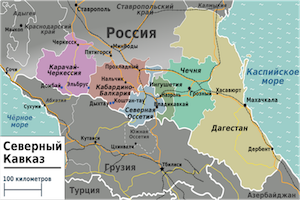
Central Asia After Astana: From Integration to Cooperation
By Slavomír Horák
April 30, 2018, the CACI Analyst
After the March 15 meeting of Central Asian leaders in Astana, analyses, news and reports increasingly use words such as “integration” or “new beginning” to describe political developments in Central Asia. Some Russian media have speculated in the beginning of the next phase of separation from Moscow. However, the “consultative meeting” in Astana should be understood in a completely different manner. The word “integration” reminds us of previous, less successful attempts at regional cooperation in Central Eurasia and so far, no comprehensive integrational concept has materialized. Yet, the Astana meeting was the first of its kind in many years and President Nazarbaev, summing up the results, underlined its informal character and even compared the format to the Visegrad group in Central Europe.
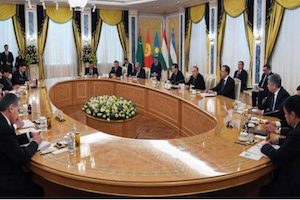
Protest Activity Grows in the North Caucasus Republics
By Emil A. Souleimanov and Huseyn Aliyev
February 26, 2018, the CACI Analyst
In 2017, protest activity has grown across the North Caucasus, just as in Russia’s other regions, as shown in a recent report by the Committee of Civil Initiatives (CCI). Socio-economic factors have shaped this trend throughout Russia’s regions, yet in the multi-ethnic North Caucasus these are coupled with a sense of nationalism-driven political discrimination and exclusion. On the eve of the forthcoming Football Championship in Russia, and as war-hardened veterans are returning from Syria to their homeland, this trend may contribute to a worsening security situation in Russia.
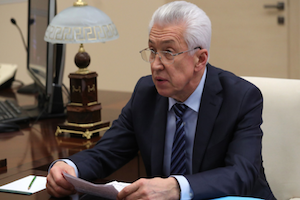
Leadership Change in Dagestan
By Natalia Konarzewska
February 20, 2018, the CACI Analyst
In late September, Ramazan Abdulatipov announced his decision to step down from his post as the head of the Republic of Dagestan. Abdulatipov cited his age (71) as the main reason for his resignation, but the change of leadership in Dagestan should be viewed in the context of Russia’s upcoming presidential ballot scheduled for March 2018. Moscow habitually replaces heads of the federal subjects just before or after elections. Likely reasons behind Abdulatipov’s resignation are his poor performance and inability to tackle the republic’s most pressing problems. Multi-ethnic Dagestan is one of the Russian Federation’s most unstable subjects, continuously embattled by economic problems, clan rivalry and the activities of religious militants. On October 3, President Vladimir Putin appointed Vladimir Vasilyev, who does not represent any local ethnic group, to fill the vacant position.
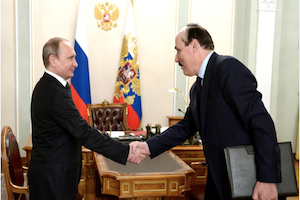
Chechnya's Kadyrov Appoints Relatives to Top Jobs Amid Sanctions
By Huseyn Aliyev
February 6, 2018, the CACI Analyst
On December 20, 2017, the Head of Chechen Republic Ramzan Kadyrov was placed on the list of individuals sanctioned under the Magnitsky Act. The sanctions were introduced amid growing repression of dissent and the rapid replacement of top government officials with members of Kadyrov’s clan and family. Kadyrov’s own recent statement about his desire to retire suggests that the Chechen leader seeks to strengthen the influence of his family and clan in the republic’s government, enabling him to take a less formal (albeit similarly powerful) role should such a necessity arise in the future. The revival of the home-grown insurgency this year poses a new threat to the stability of Kadyrov’s regime, which will likely be met with increased repression.
